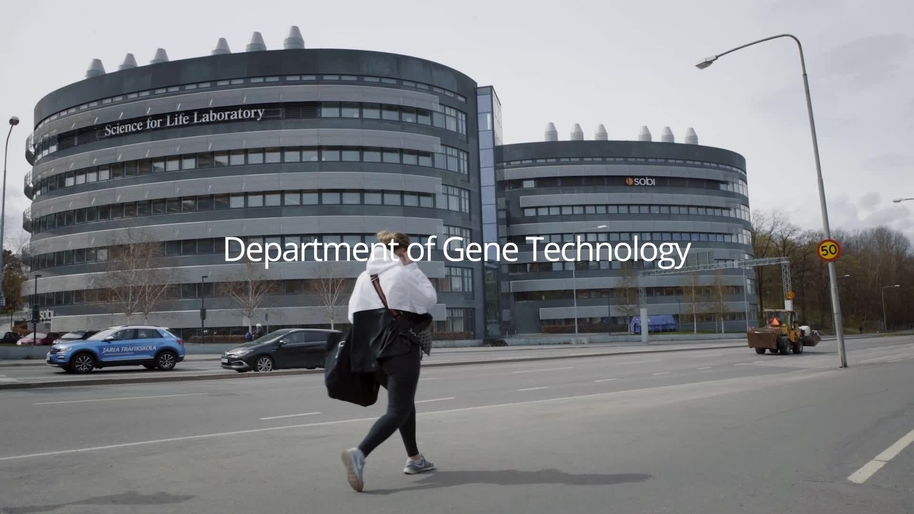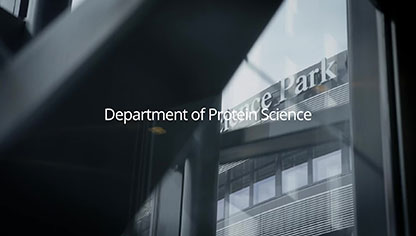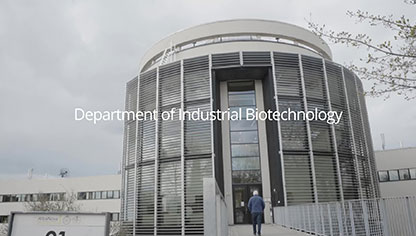MSc Medical Biotechnology
The master’s programme in medical biotechnology provides education in advanced biotechnological methods and their applications in medicine and health. Students gain knowledge of cutting-edge techniques in molecular biology, cell biology, and bioinformatics, together with practical training in both wet lab and dry lab environments. They also develop expertise in analysing and interpreting large-scale biological data in a medical context. Graduates are prepared for research and development in medical biotechnology, including molecular diagnostics, disease prevention, and novel therapies.
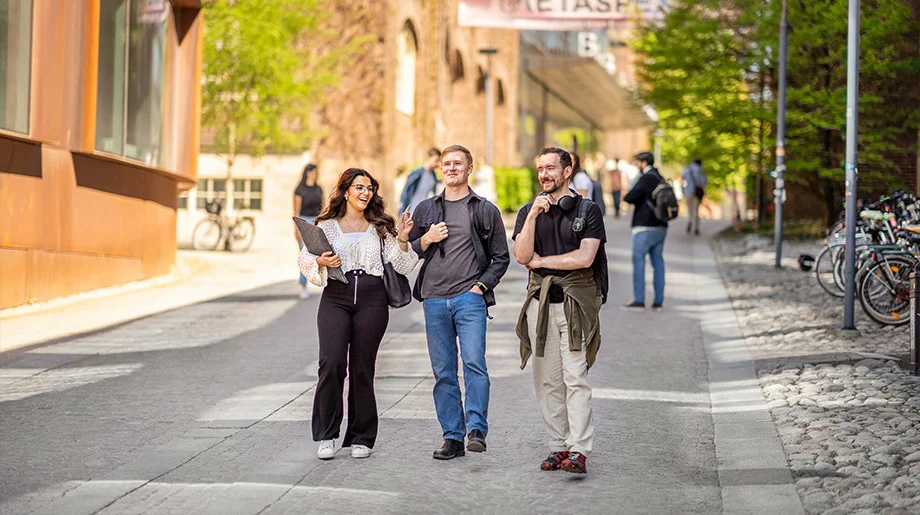
Medical Biotechnology at KTH
This two-year master’s programme includes advanced courses on tools for analysing biological samples in life science research and for medical applications in diagnostics and drug development. You will gain in-depth knowledge of scientific methodologies for comprehensive analysis of biological systems and their use in advanced healthcare and medical monitoring. The programme offers broad biotechnology training that addresses global needs in life sciences and prepares you for careers in Sweden and internationally.
You can choose between three specialisations: Medical applications of biotechnology, focused on biotechnology for development of new diagnostics and therapeutics; Omics, focused on genomics, proteomics, and bioinformatics; and Cell-based medical biotechnology, focused on engineering and applying cell-based technologies for medical purposes. You can also tailor your degree by selecting elective courses across tracks and related biotechnology programmes.
Courses combine theoretical knowledge with practical training, from experimental design to bioinformatic and statistical data analysis and interpretation. The cross-platform curriculum develops expertise that is attractive to a broad range of employers. You will also strengthen your skills in problem-solving, project management, and professional communication. In the final semester, you will complete a 30-credit master’s degree project in a research setting at KTH, in industry, or at a university or research institute in Sweden or abroad, allowing you to specialise in a chosen field.
The curriculum is designed and taught by internationally recognised researchers in collaboration with industry partners. The programme is offered by the School of Engineering Sciences in Chemistry, Biotechnology and Health at KTH, with access to advanced facilities and instrumentation at SciLifeLab in Solna and the AlbaNova University Center in Stockholm.
Courses in the programme
Courses in the programme Medical Biotechnology
Future and career
The integration of technology, biology, and bioinformatics with a clear focus on medical applications gives graduates a strong and versatile profile. This opens doors to careers across the biotechnology and pharmaceutical industries as well as in academic research. The demand for expertise in medical biotechnology is rapidly expanding worldwide, fuelled by developments in biological drugs and advanced therapies, large-scale omics approaches, and precision medicine with diagnostics and individualised treatments.
Graduates from the programme are well prepared for a broad range of roles. Examples include research and development in drug discovery, diagnostics, and biomedical analysis. Other career paths are found in science policy, consultancy, intellectual property and patent agencies, or science communication. Many graduates also continue into doctoral studies, in Sweden or abroad, building on the research-oriented training offered in the programme.
Sweden, and the Stockholm region in particular, is one of the world’s leading centres for life science research and innovation. Studying medical biotechnology at KTH places you at the heart of this ecosystem, with close connections to both academic research and industry. Graduates from technical universities – and especially from KTH’s medical biotechnology programme – are highly sought after by employers looking for well-educated specialists with both practical and theoretical expertise.
Sustainable development
Sustainable development is an integral part of all KTH programmes, and graduates are trained to apply biotechnology to long-term societal needs. Medical biotechnology contributes to sustainable solutions for human health, from large-scale genomic, transcriptomic, and proteomic analyses to the development of diagnostics and therapies. The programme aligns most closely with three UN Sustainable Development Goals:


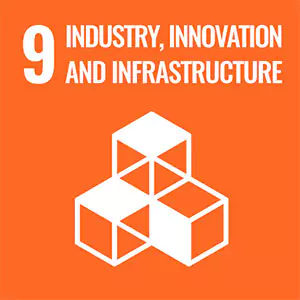
The master’s programme in medical biotechnology trains students in advanced technologies to study biomolecules and biological processes in health and disease. This knowledge is applied to the development of innovative diagnostics, drugs, and therapies that improve human health, and how such insights support sustainable healthcare and long-term societal well-being.
Faculty and research
The School of Engineering Sciences in Chemistry, Biotechnology and Health hosts world-leading research in medical biotechnology, spanning both fundamental science and applied development. Research is highly multidisciplinary, integrating biology, technology, and bioinformatics, and is carried out in close collaboration with international universities, industry partners, and start-ups.
Students are taught by internationally recognised researchers, many of whom are leaders in their fields and actively engaged in entrepreneurship and innovation. This strong research environment provides direct links between cutting-edge discoveries and the classroom, offering students access to unique expertise and opportunities for master’s thesis projects. Many collaborations and spin-offs also give students valuable exposure to the biotech and pharmaceutical industry, strengthening their career prospects.





